In 2024, the markets issued 1,029 food safety notifications. In November 2024 alone, Japan had 10 notifications, with some drugs reducing active ingredients up to 10 times.
The information was given at the Online Seminar with the theme: "Agricultural, forestry and fishery exports in 2024 - New record, new position" organized by Nong thon ngay nay/Dan Viet Newspaper in coordination with the Office of the Ministry of Agriculture and Rural Development on the morning of December 19.
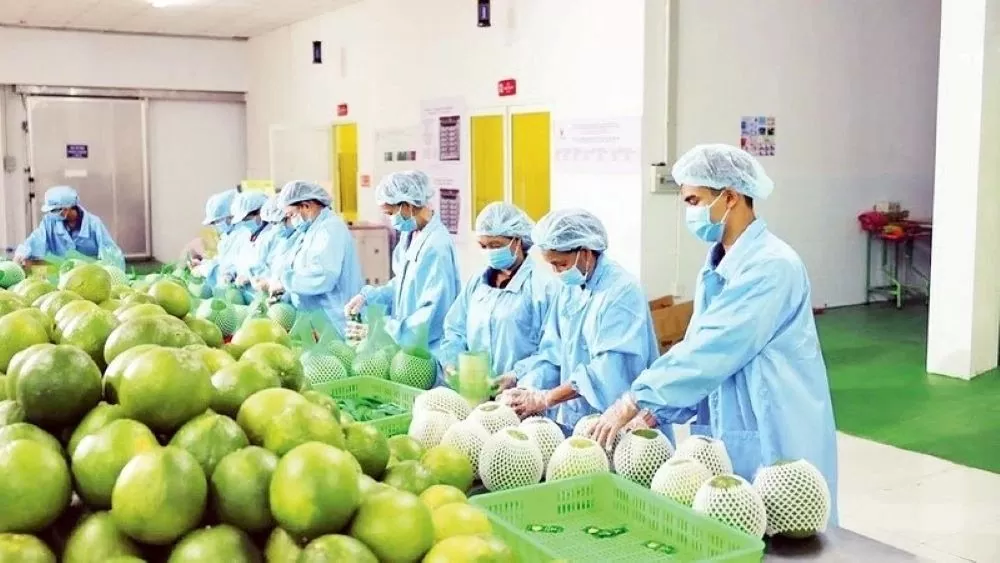 |
| Fruit is one of the main export items to the Chinese market. Photo: ST |
Mr. Ngo Xuan Nam - Deputy Director of the Vietnam SPS Office (Ministry of Agriculture and Rural Development) - said that to export Vietnamese agricultural, forestry and fishery products, it is not only based on the quantity and quality of products but also must meet the regulations of the markets. To have products, we have to spend many years negotiating and making efforts of many units to achieve the regulations of the new market opening up and exporting products.
Most WTO members as well as other markets have many regulations on product imports. Not all regulations are strict, there are also countries that loosen regulations... But how to help Vietnamese agriculture, forestry and fishery products access food safety regulations, this is mandatory.
Also according to Mr. Ngo Xuan Nam, according to statistics from the Vietnam SPS Office, in 2024, markets issued 1,029 notifications on food safety. Thus, on average, the Vietnam SPS Office must receive 3 notifications per day, some of which are hundreds of pages long. For example, in November 2024, Japan had up to 10 notifications on pesticides, some of which reduced active ingredients up to 10 times. Of these total notifications, most fell on WTO members with whom we are trading such as the EU, Korea, Japan and China, which also had some changes.
Despite such market changes, with the timely intervention of the Government , ministries and functional branches, most businesses and farmers have been able to meet the requirements. Only a few have not yet approached or fully understood the situation, but this is the "bad apple spoiling the barrel". We need to propagate, continue to mobilize and require these cases to change to meet the regulations in production and export.
Regarding this issue, Mr. Nguyen Hoai Nam - Deputy General Secretary of the Vietnam Association of Seafood Exporters and Producers (VASEP) - said that when markets imply changes, most of them have an impact on Vietnam's agricultural and aquatic production, especially on businesses.
Mr. Nguyen Hoai Nam said that after 20 years of integration of the seafood industry, the most significant changes are in areas related to food safety, followed by environmental and social responsibility. To export seafood shipments to large markets, in addition to mandatory market regulations, many markets now require additional sustainability certifications, these requirements are made by the buyers themselves. For example, European buyers require ASC certification...
Currently, Europe, the US, and Japan are the top 3 markets for Vietnam's seafood exports; these markets all have requirements for resource management, certification of seafood with legal origins, management, and responsibility. Along with the participation of ministries, branches, and businesses, the supply chain must also be responsible for preparing, changing, and adapting, especially on the issue of sustainable development.
“In the future, conditional businesses, especially those related to human health, will always have to face strict requirements. However, if prepared, I believe that businesses will respond well,” said Mr. Nguyen Hoai Nam.
From the perspective of the national focal point receiving notifications of changes in SPS measures from importing countries, Mr. Ngo Xuan Nam assessed that most large Vietnamese export enterprises, especially FDI enterprises, have very professional technical departments to quickly access information on market changes.
However, for small businesses, this is still difficult, so the risk of violations is high when they have not responded to changes in the export market. Besides the reasons from the businesses themselves, in reality, it is quite difficult for these groups of businesses to access the changing regulations of the market. The Vietnam SPS Office has only stopped at the Departments, and in the past few years, information has only been transferred to 63 provinces and cities, but reaching businesses is also a problem.
“ Normally, SPS regulations still take 60 days to get comments before banning. Except for urgent cases, we have time to change, but we must have a good approach mechanism to do it,” Mr. Ngo Xuan Nam shared, adding that to meet SPS regulations on additives and banned substances, the story of connection is very important. Because if there is no good raw material area, one batch of violations can affect a large batch of goods of the enterprise.
Source: https://congthuong.vn/nam-2024-cac-thi-truong-da-dua-ra-1029-thong-bao-ve-an-toan-thuc-pham-365059.html




![[Photo] Prime Minister Pham Minh Chinh attends the patriotic emulation congress of the banking sector](/_next/image?url=https%3A%2F%2Fvphoto.vietnam.vn%2Fthumb%2F1200x675%2Fvietnam%2Fresource%2FIMAGE%2F2025%2F11%2F24%2F1763981997729_tt-nhnn-jpg.webp&w=3840&q=75)
![[Photo] National Assembly Chairman Tran Thanh Man receives a business delegation from the Europe-ASEAN Business Council](/_next/image?url=https%3A%2F%2Fvphoto.vietnam.vn%2Fthumb%2F1200x675%2Fvietnam%2Fresource%2FIMAGE%2F2025%2F11%2F24%2F1763989198212_ndo_br_bnd-7394-jpg.webp&w=3840&q=75)


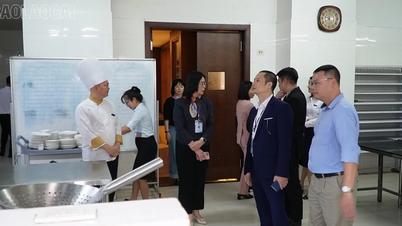

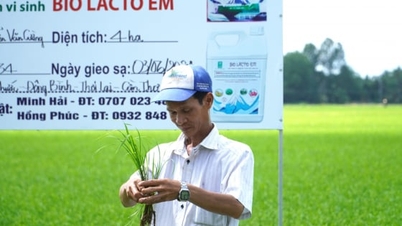

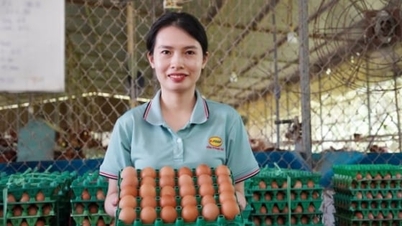

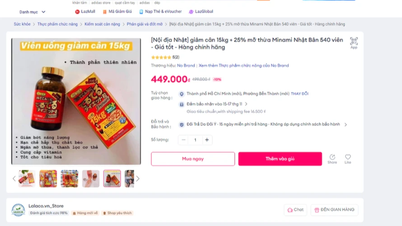

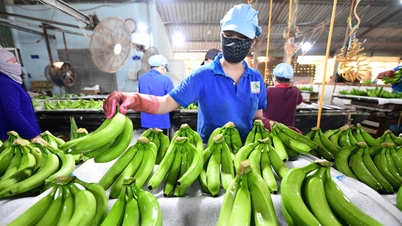

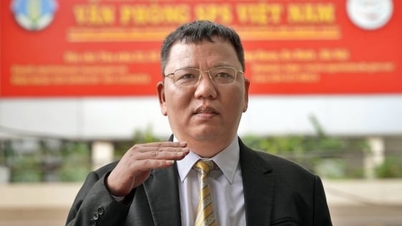
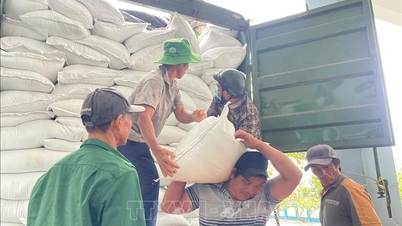


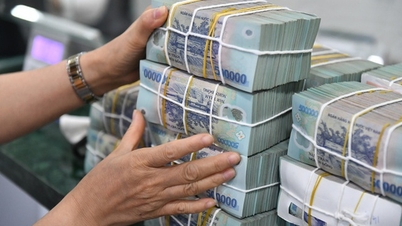
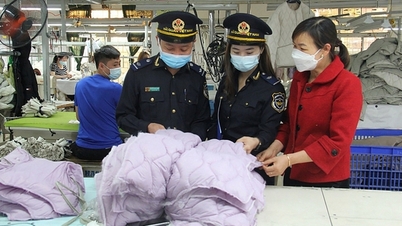

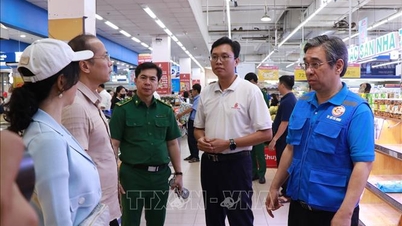







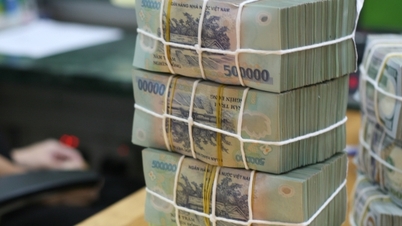

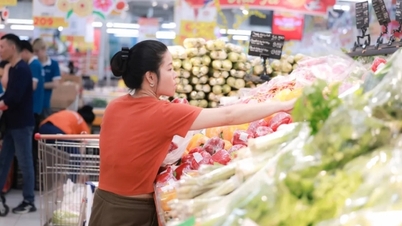
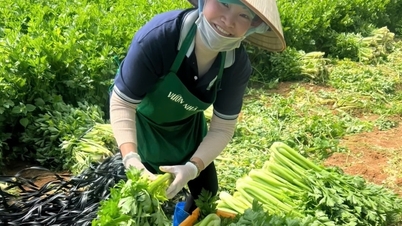


![[Photo] Next to the "mountain of trash" after the flood, Tuy Hoa residents strive to rebuild their lives](/_next/image?url=https%3A%2F%2Fvphoto.vietnam.vn%2Fthumb%2F1200x675%2Fvietnam%2Fresource%2FIMAGE%2F2025%2F11%2F24%2F1763951389752_image-1-jpg.webp&w=3840&q=75)






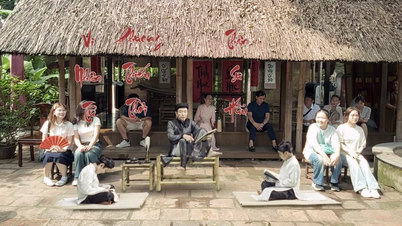










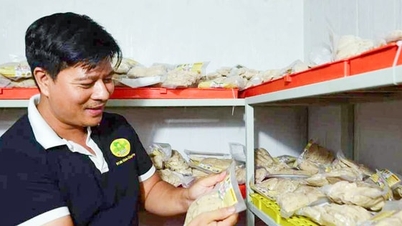








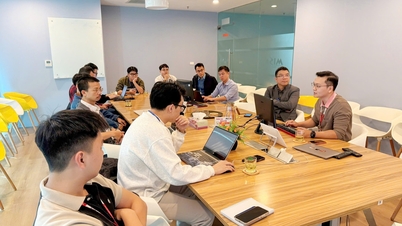


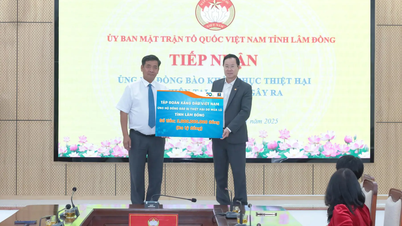






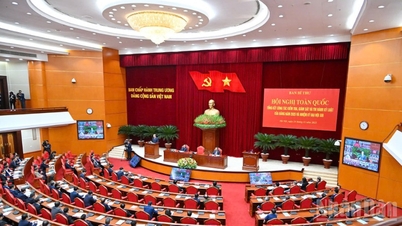

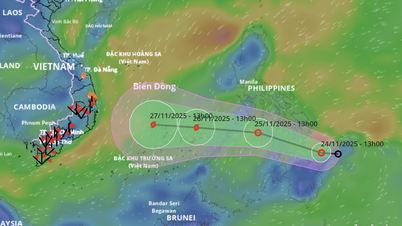



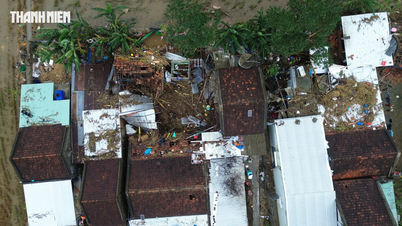
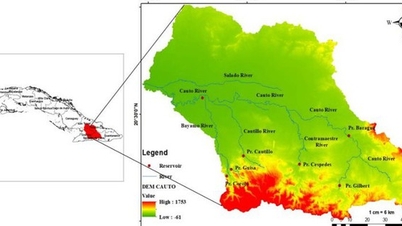

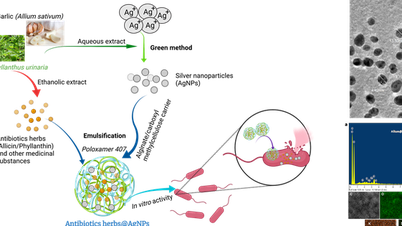
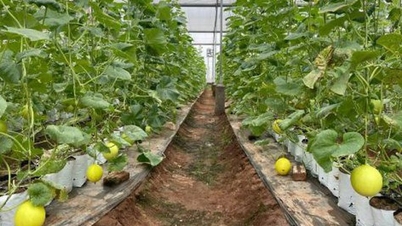


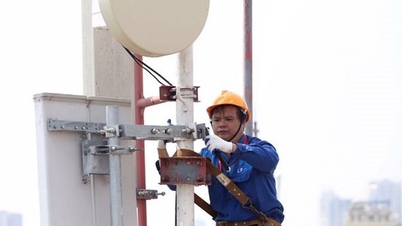


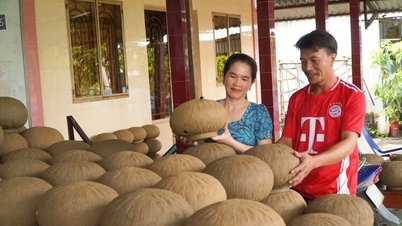

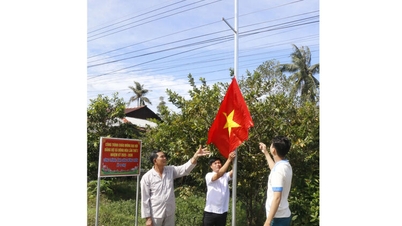

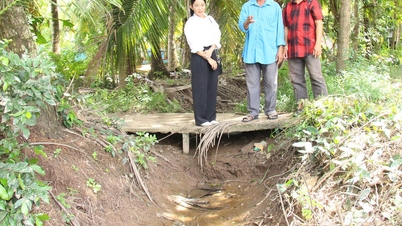












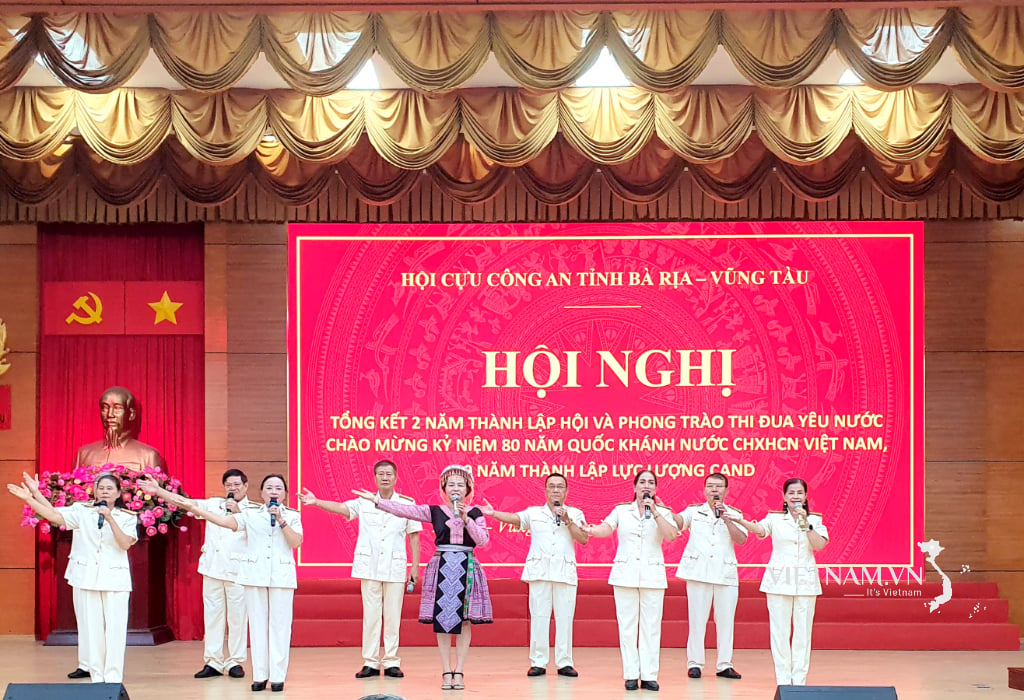

Comment (0)